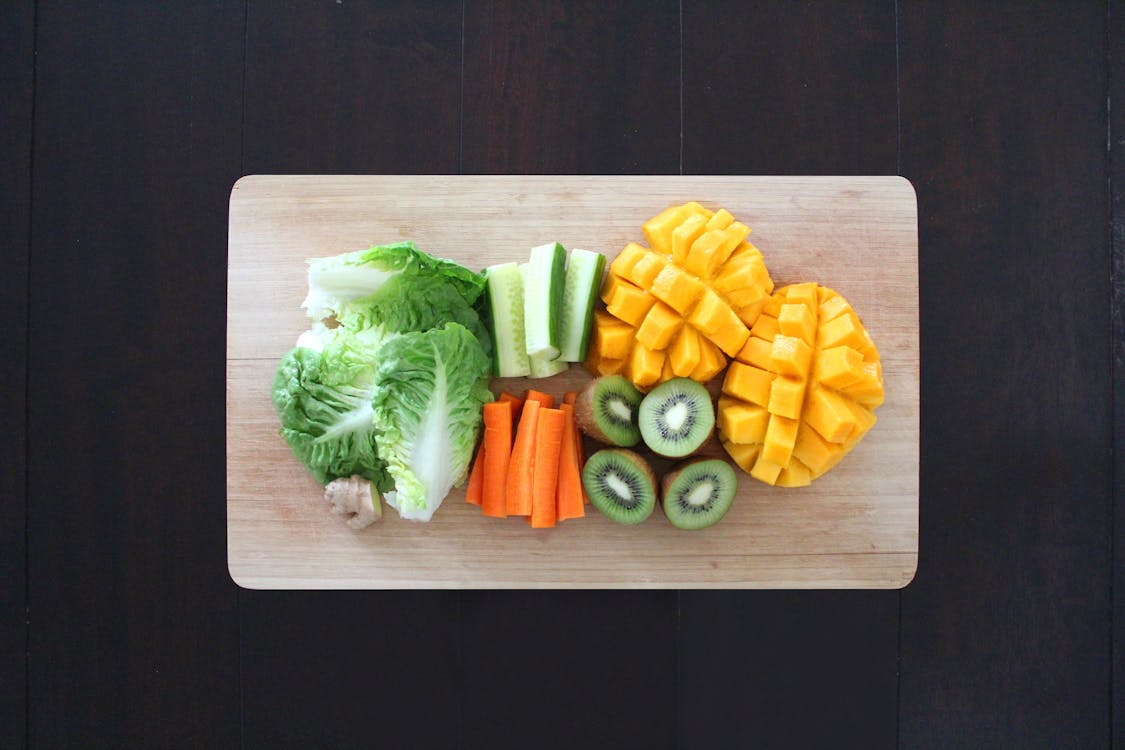
We all know that fruits and vegetables are packed full of essential nutrients, vitamins, and minerals. As part of a healthy and complete diet, we need to incorporate fruits and vegetables into our daily meals.
However, when incorrectly prepared, they can contain harmful germs and bacteria such as salmonella, E. coli, and listeria. These bacteria are responsible for causing foodborne illnesses.
To avoid getting ill, there are some things you can keep in mind when buying, storing, preparing, and cooking fruits and vegetables.
What to Look Out for When Buying Fruits and Vegetables
When buying produce, it would be a good idea to inspect every piece that you choose. Avoid fruits and vegetables that are bruised or damaged. If you can, buy loose fruits and vegetables so that you can check each one thoroughly.
If you buy pre-cut fruits and vegetables, only purchase them if stored in a fridge or on ice. Try to get the produce home and into your fridge as soon as possible.
How to Wash Your Fruits and Vegetables
It is important to wash and dry your fruits and vegetables before cutting or peeling them. Even if you plan to remove the peel, be sure to wash it beforehand to avoid any transfer of germs or bacteria from the peel onto the inside of the fruit or vegetable.
For washing, use plain running water and use your hands to scrub off any dirt lightly. You can use a soft bristle brush for harder vegetables like potatoes. It is unadvisable to use any detergents, soaps, or other cleaning products on fresh produce. You should especially avoid using bleach.
Cut off any spoiled, damaged, or bruised parts of the fruit and vegetables, dry them with a paper towel, and then store them in the fridge.
Preparing and Storing Fruits and Vegetables
When it comes to storing fruits and vegetables, uncut produce can stay out for a few days. Once cut, however, the fruits and vegetables need to be packed into an airtight container and refrigerated after a maximum of two hours.
Prepare and store your fruits and vegetables separately from any raw meat, poultry, or fish. This is essential if you want to avoid any cross-contamination.
Follow these tips for the safe preparation of fruits and vegetables, and enjoy all the natural benefits that the foods give you. For more information on food safety, consider taking a food safety course. The Australian Institute of Accreditation offers a great Food Safety Supervisor course in Melbourne that may interest you.




